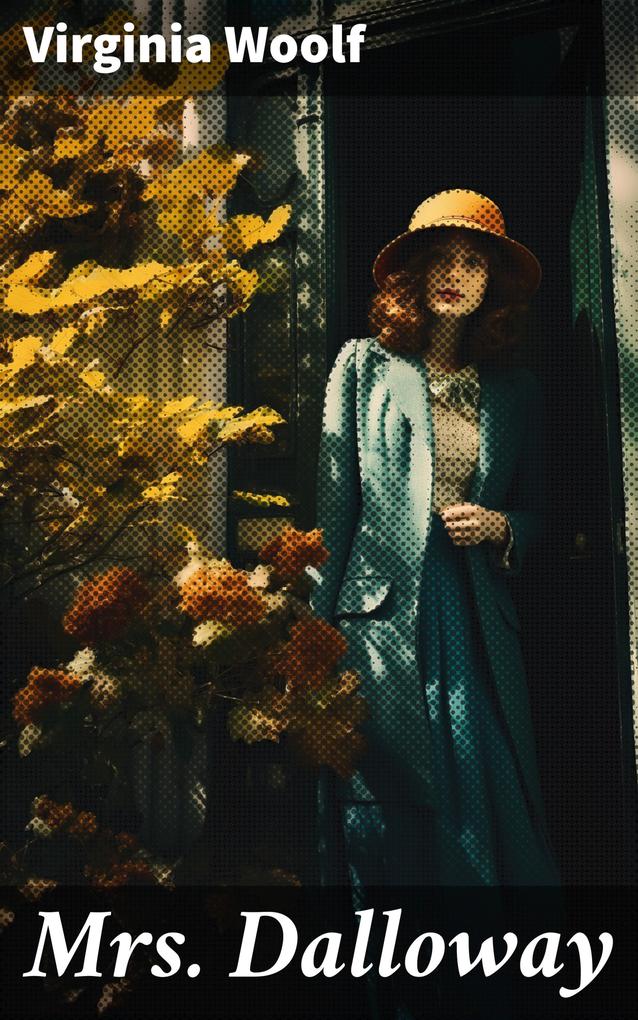
Sofort lieferbar (Download)
Virginia Woolf'Äôs "Mrs. Dalloway" is a seminal modernist novel that intricately weaves the inner thoughts and perceptions of its characters with the rich tapestry of post-World War I London. Written in stream-of-consciousness prose, the narrative follows Clarissa Dalloway as she prepares for a lavish party, while concurrently delving into the past and present lives of notable characters, including the tormented Septimus Warren Smith. The novel'Äôs exploration of themes such as time, mental illness, and social conventions is framed against Woolf's characteristic lyrical style, offering profound insights into the psyche of its characters and the historical context of early 20th-century England. Virginia Woolf, a pivotal figure of the literary modernist movement, drew inspiration from her own experiences with mental health and the societal constraints placed upon women of her time. Born into a literary family, Woolf'Äôs intellectual upbringing and personal struggles profoundly influenced her writings. "Mrs. Dalloway" not only reflects her innovative narrative techniques but also resonates with her concerns about the fragility of life and the nuanced complexities of human relationships. This novel is highly recommended for readers seeking an immersive exploration of the human condition. Woolf's elegant prose and innovative narrative structure invite a contemplative engagement, making "Mrs. Dalloway" a timeless masterpiece that continues to resonate with contemporary audiences.
Produktdetails
Erscheinungsdatum
05. Dezember 2023
Sprache
englisch
Seitenanzahl
224
Dateigröße
0,75 MB
Autor/Autorin
Virginia Woolf
Verlag/Hersteller
Kopierschutz
mit Wasserzeichen versehen
Family Sharing
Ja
Produktart
EBOOK
Dateiformat
EPUB
ISBN
8596547687412
Entdecken Sie mehr
Bewertungen
0 Bewertungen
Es wurden noch keine Bewertungen abgegeben. Schreiben Sie die erste Bewertung zu "Mrs. Dalloway" und helfen Sie damit anderen bei der Kaufentscheidung.









